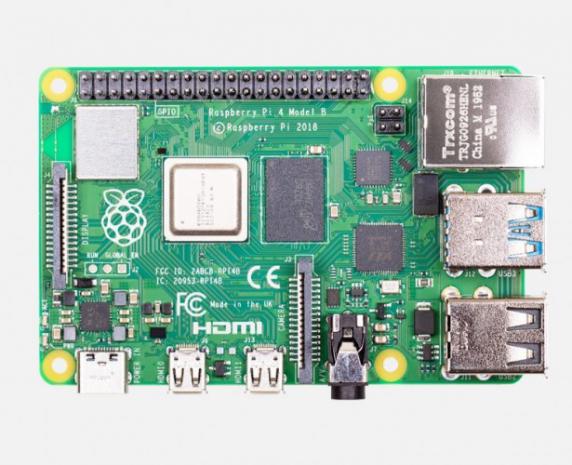
Breaking News
 Democrats Announce State Of The Union Response Will Be Delivered By Bad Bunny
Democrats Announce State Of The Union Response Will Be Delivered By Bad Bunny
 American Attack on Iran: World War
American Attack on Iran: World War
 If You Think the US Wants To Bring Democracy to Iran, Watch What They're Currently Doing to Iraq
If You Think the US Wants To Bring Democracy to Iran, Watch What They're Currently Doing to Iraq
 The Scary Truth About Living in Big Cities During the Turbulent Times Ahead
The Scary Truth About Living in Big Cities During the Turbulent Times Ahead
Top Tech News
 New Spray-on Powder Instantly Seals Life-Threatening Wounds in Battle or During Disasters
New Spray-on Powder Instantly Seals Life-Threatening Wounds in Battle or During Disasters
 AI-enhanced stethoscope excels at listening to our hearts
AI-enhanced stethoscope excels at listening to our hearts
 Flame-treated sunscreen keeps the zinc but cuts the smeary white look
Flame-treated sunscreen keeps the zinc but cuts the smeary white look
 Display hub adds three more screens powered through single USB port
Display hub adds three more screens powered through single USB port
 We Finally Know How Fast The Tesla Semi Will Charge: Very, Very Fast
We Finally Know How Fast The Tesla Semi Will Charge: Very, Very Fast
 Drone-launching underwater drone hitches a ride on ship and sub hulls
Drone-launching underwater drone hitches a ride on ship and sub hulls
 Humanoid Robots Get "Brains" As Dual-Use Fears Mount
Humanoid Robots Get "Brains" As Dual-Use Fears Mount
 SpaceX Authorized to Increase High Speed Internet Download Speeds 5X Through 2026
SpaceX Authorized to Increase High Speed Internet Download Speeds 5X Through 2026
 Space AI is the Key to the Technological Singularity
Space AI is the Key to the Technological Singularity
 Velocitor X-1 eVTOL could be beating the traffic in just a year
Velocitor X-1 eVTOL could be beating the traffic in just a year
Raspberry Pi 4 doubles down on system memory

The Foundation says that although the Broadcom chip at the heart of the Pi 4 can handle up to 16 GB of LPDDR4 RAM, up until recently 8 GB LPDDR4 modules that could be used on the mini computer didn't exist. Micron developed just such a module earlier this year, but COVID-19 stepped in to disrupt the supply chain for another vital component and the release was put back for three months.
Aside from having to move power supply components around fixing bugs and adding features, the mini computer is pretty much the same as before. A tour around the board will reveal a 64-bit BCM2711 quad-core Cortex-A72 system-on-chip, 802.11ac dual-band Wi-Fi and Bluetooth 5.0 wireless comms, Gigabit Ethernet, two USB 3.0 and two USB 2.0 ports, two micro-HDMI ports capable of supporting 4K monitors, a display port and a camera port, the standard 40-pin GPIO header, and a microSD card slot for data storage and loading the operating system.
Up until now, the default operating system has made use of a 32-bit kernel and 32-bit userland. Change is in the air now though, as the Foundation has recognized the needs of power users and released an early beta of a 64-bit operating system image. Both the 32-bit and 64-bit OS images also get a Desktop update, and will now go under the Raspberry Pi OS moniker instead of Raspbian.



